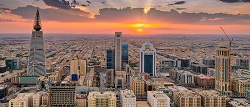
ECONOMY
Sound fiscal policies, a strong non-oil sector, and thriving business environment have contributed to a positive near-term outlook on the country.
Find out more
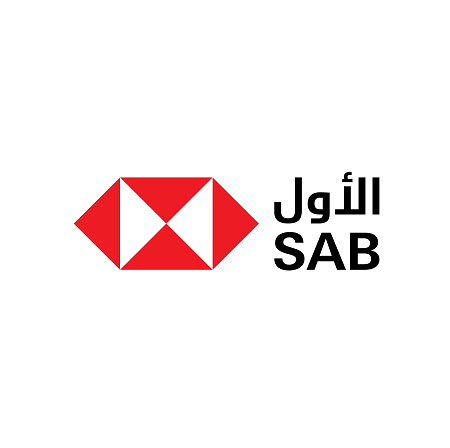
Have questions about SAB banking services? Let us help you with these frequently asked questions.
FAQSOur friendly Customer Support team are on hand to help with any queries you have. We're here to help!
Contact UsQuick Links


Sound fiscal policies, a strong non-oil sector, and thriving business environment have contributed to a positive near-term outlook on the country.
Find out more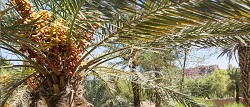
The kingdom has also formed global partnerships to modernise agriculture operations, boost production, and streamline food processing.
Find out more
Acquiring one of the world’s top video games developers and publishers is just one step in the country’s quest for industry supremacy.
Find out more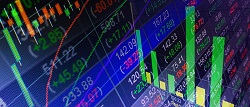
Regional countries are expected to benefit from rising oil production, an upbeat non-oil sector, and governments’ commitment to economic diversification.
Find out more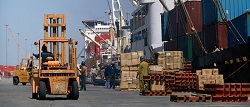
The country intensifies ties with two of Asia’s economic powerhouses, going beyond exports and imports to include technology transfer and innovation.
Find out more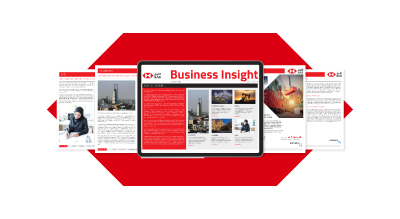
IN THIS EDITION
REGULATORY REFORMS STRENGTHENS SAUDI STATUS AS EMERGING HUB
Saudi Arabia maintained its 30th position in the 2025 Global Financial Inclusion Index, supported by strong advances in digital finance, regulatory reform, and the rapid expansion of its fintech ecosystem, according to a new analysis by Principal Financial Group and the Center for Economics and Business Research.
While the Kingdom’s overall ranking held steady, its score rose by 0.9 points — a cumulative improvement of 9.3 points since the Index’s launch in 2022. The study assessed 42 markets across three pillars: government support, financial system support, and employer support.
Saudi Arabia achieved the world’s second-largest annual improvement in the financial system support pillar, moving up four places to 35th. The report attributed these gains to a fast-growing fintech base, targeted financial infrastructure investment, and continued regulatory modernization under Vision 2030.
A key driver of this progress is Riyadh’s emergence as a regional financial hub, anchored by the King Abdullah Financial District (KAFD), which hosts global banks, fintech firms, and investment companies. The district forms part of the Kingdom's broader effort to attract multnationak headquarters and position the capital as the Middle East’s leading financial and business centre. KAFD is home to more than 140 office tonants and 19reqional headquartors. KAFD, it is also part of a wider pull from Riyadh which now boasts 600 international companies establishing their regional base in Saudi Arabia, including Deloitte, Northern Trust and IHG Hotels & Resorts.
In September, the World Bank opened a new regional hub in Riyadh to serve the Middle East, North Africa, Afghanistan, and Pakistan. "Riyadh is not only a gateway to the region’s transformation, but also a powerful platform for global knowledge exchange and policy innovation," the Bank said.
Management consultancy EY also established its MENA’s new headquarters in KAFD in September. It’s one of the largest among consulting firms in the region, three times the size of its previous office.
You are about to leave this site. You are being redirected to an external site. Would you like to leave this site?
© SAB, Saudi Arabia. All Rights Reserved, 2025
Saudi Awwal Bank, a listed joint stock company, incorporated in the Kingdom of Saudi Arabia, with paid in capital of SAR 20,547,945,220, commercial registration certificate 1010025779, unified number 7000018668, Mailing Address: P.O. Box 9084, Riyadh 11413. National Address: 7383 King Fahad Branch Rd, 2338 Al Yasmeen Dist., 13325 Riyadh, Kingdom of Saudi Arabia, Tel. +966 11 4050677, www.sab.com, licensed pursuant to the Council of Ministers Resolution No. 198 dated 06/02/1398H and Royal Decree No. M/4 dated 12/08/1398H, and regulated and supervised by the Saudi Central Bank.